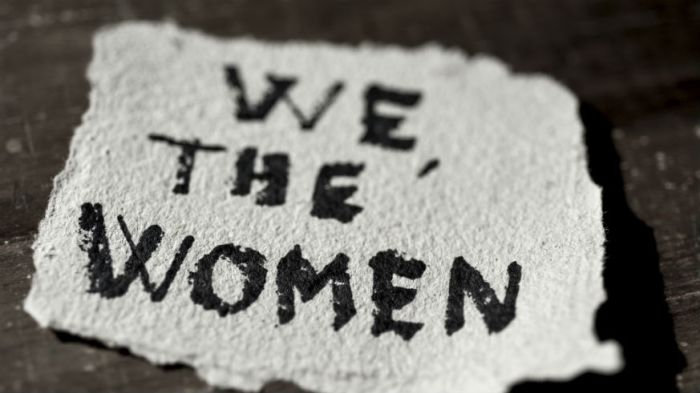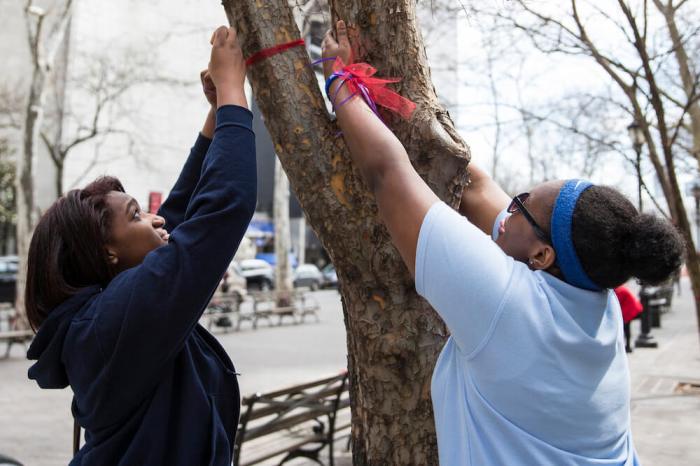In their first debate matchup, then-presidential candidate Donald Trump interrupted his Democratic challenger Hillary Clinton up to 51 times. Those instances of “manterruption” were the inspiration for Woman Interrupted, a mobile app for iOS and Android that trackshow frequently men interrupt women in recorded conversations as a means for female empowerment. The nonprofit application, created by Brazilian ad agency BETC, has been released to coincide with International Women’s Day, March 8. According to its website, Woman Interrupted is meant to “generate awareness” of “manterrupting” among the male audience, who may not recognize its behavior. “At first glance, it may seem like a small problem,” said Gal Barradas, founder and co-CEO of BETC. “But it reflects deeper issues of gender inequality at work and in society. The app is a way of showing that, in fact, the interruption is real and alarming.” “We, women, struggle every day to get our space in the workplace and the right to express ourselves,” Barradas said in a statement. “When we get there, manterrupting reduces our participation.” The app was created for intended use in workplace settings. Women can download the app, calibrate their voice, and record meetings to identify how many times a male voice has interrupted theirs. If privacy is a concern, BETC notes that no conversations are registered in the app, just the number of interruptions, the duration of the conversation and the date. BETC also plans to launch a global dashboard that will cull data from around the world, so users can learn about where manterruptions are more frequent or conduct comparisons against multiple countries, it said. Manterrupting isn’t a new phenomenon.
“Lean In” author and Facebook COO Sheryl Sandberg said in a 2015 New York Times op-ed that workplaces needed to address gender bias when it cames to speaking. She cited studies that found male senators with more power spoke more, while female senators’ power was not linked to greater speaking time. The studies also found that women in healthcare companies who vocalized ideas did not receive high performance evaluations, unlike their male counterparts.
This Trump-inspired app tracks how often women are interrupted by men

Courtesy Woman Interrupted


















